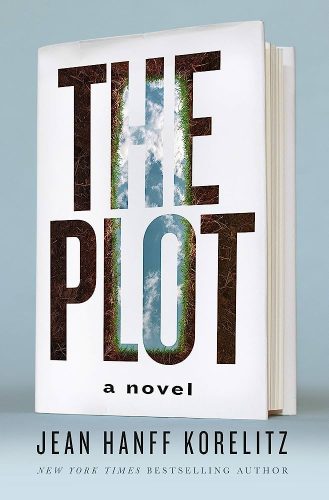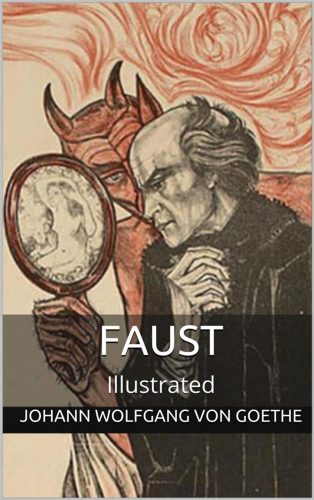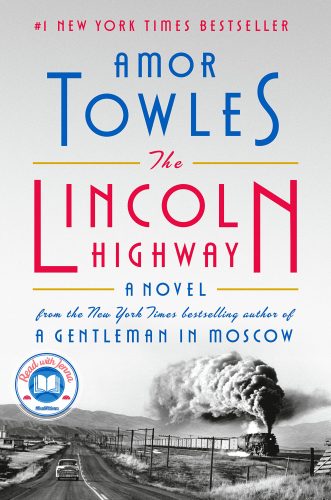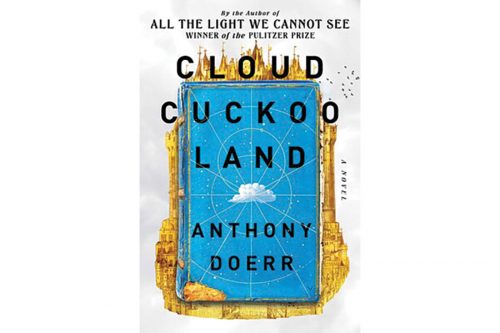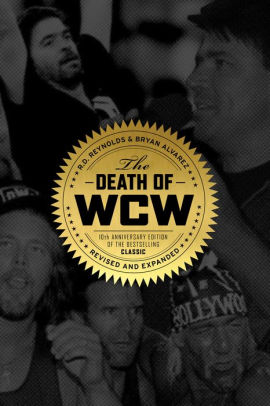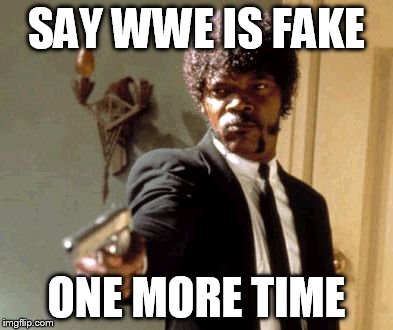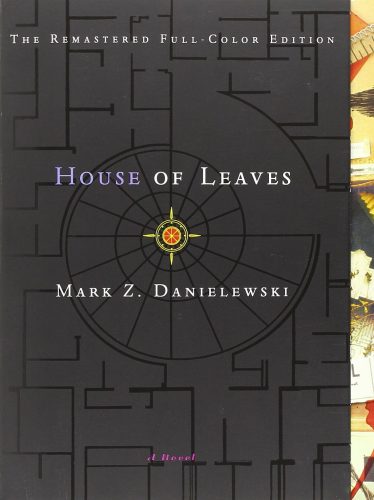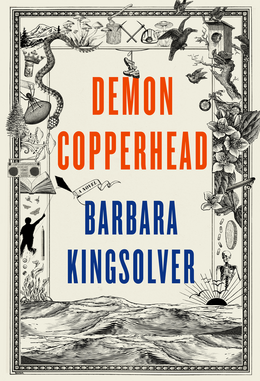
During this last year of reading the same books as my mom, I have gone into them knowing very little about what they may or may not be about. I don’t know what genre they are or even how long the books are going to be (reading on a Kindle I figure out as I go by the percentage). This is the opposite of books I have picked out for myself, since I’m normally looking for some tag-line or plot synopsis which may catch my eye.
All this means is that I am sometimes in for a bit of a ride as I wrap my brain around the book she’s picked.
Which brings us to Demon Copperhead (by Barbara Kingsolver).
***
Demon Copperhead is the nickname of our title character. As we read along, we follow his life from very early on (while the story itself doesn’t really start until he’s elementary school age – we do get some stories about his birth as well). Demon lives in the middle of nowhere Lee County, Virginia. It is one of those places we all can likely imagine in our mind. A small town where the people who live there have been there for a long while. Their grandparents lived (and died) there, and so have their parents, and eventually so will they. They love their local football team. They grwo up, make friends, fall in love, and sometimes… they become addicted to drugs.
Demon’s mother is an addict. As time goes on and Demon grows up, he finds that the call of getting high becomes the thing to do. Whether it is something simple like weed to the big heavies.
And this is the key here. This is not what I would call a Beach Book. There is a reason summer is the time to release the blockbusters where the pagentry is what you atre interested as much or more than the actual plotlines. Books are much the same. You want a beach book to be something you can just enjoy. You don’t want to have to ponder the fundamental questions of the cosmos and you don’t want to try and figure out if your main character is going to survive the next couple of pages.
Demon Copperhead is instead a book that forces the reader to sink into the muck with Demon as he loses his family, gains a new one, and then throws all that away as well. It is not a book where you are grinning while you are reading it. Instead, I had many times where I mentioned ot my wife “I’m beginning to wonder if anything good is going to happen to this kid.” And while a regualr novel might have allowed a happier point sooner than this one did (I swear we were over 100 pages in before anything “good” occurred).
That can make the read take a little longer. Because while the writting is stellar, it also asks a ton from the reader. And since it wants you to live all that bad, when the good does finally occur, there is cause for celebration… but like everything in this kind of life, the moments of glory and happiness are far apart. You have to cherish them when you can before they turn to ash in your mouth.
***
I would close by saying this book represents a slice of America you may only have seen glimpses of in your life. Maybe only through tv or books, but it exists. So to have this novel exist gives a voice to many who may have been forgotten over time.
***
John McGuire is the writer of the sci-fi novel: The Echo Effect.
He is also the creator/author of the steampunk comic The Gilded Age. If you would like to purchase a copy, go here!
Click here to join John’s mailing list and receive preview chapters of upcoming novels, behind the scenes looks at new comics, and free short stories.
His other prose appears in The Dark That Follows, Hollow Empire, Tales from Vigilante City, Beyond the Gate, and Machina Obscurum – A Collection of Small Shadows.
He can also be found at www.johnrmcguire.com







